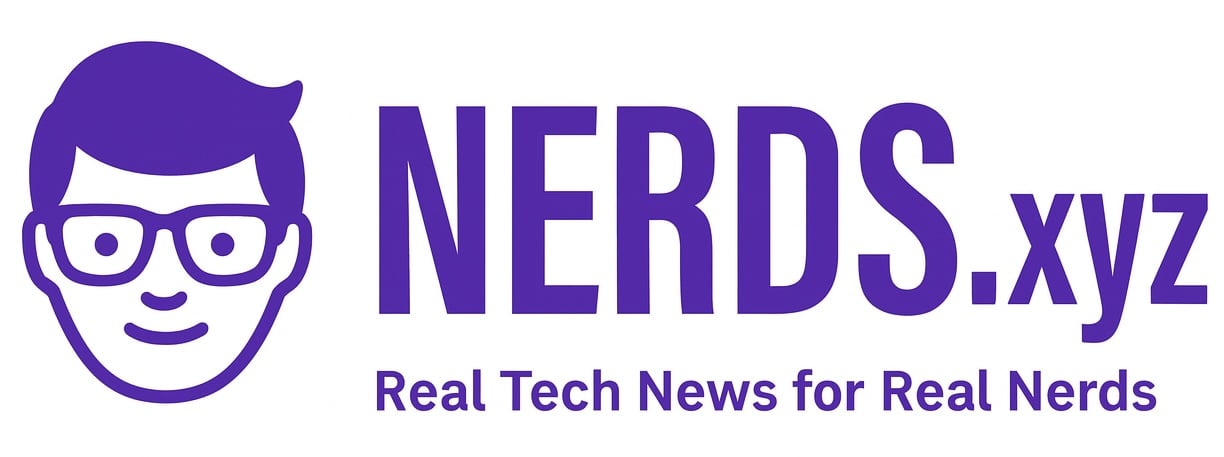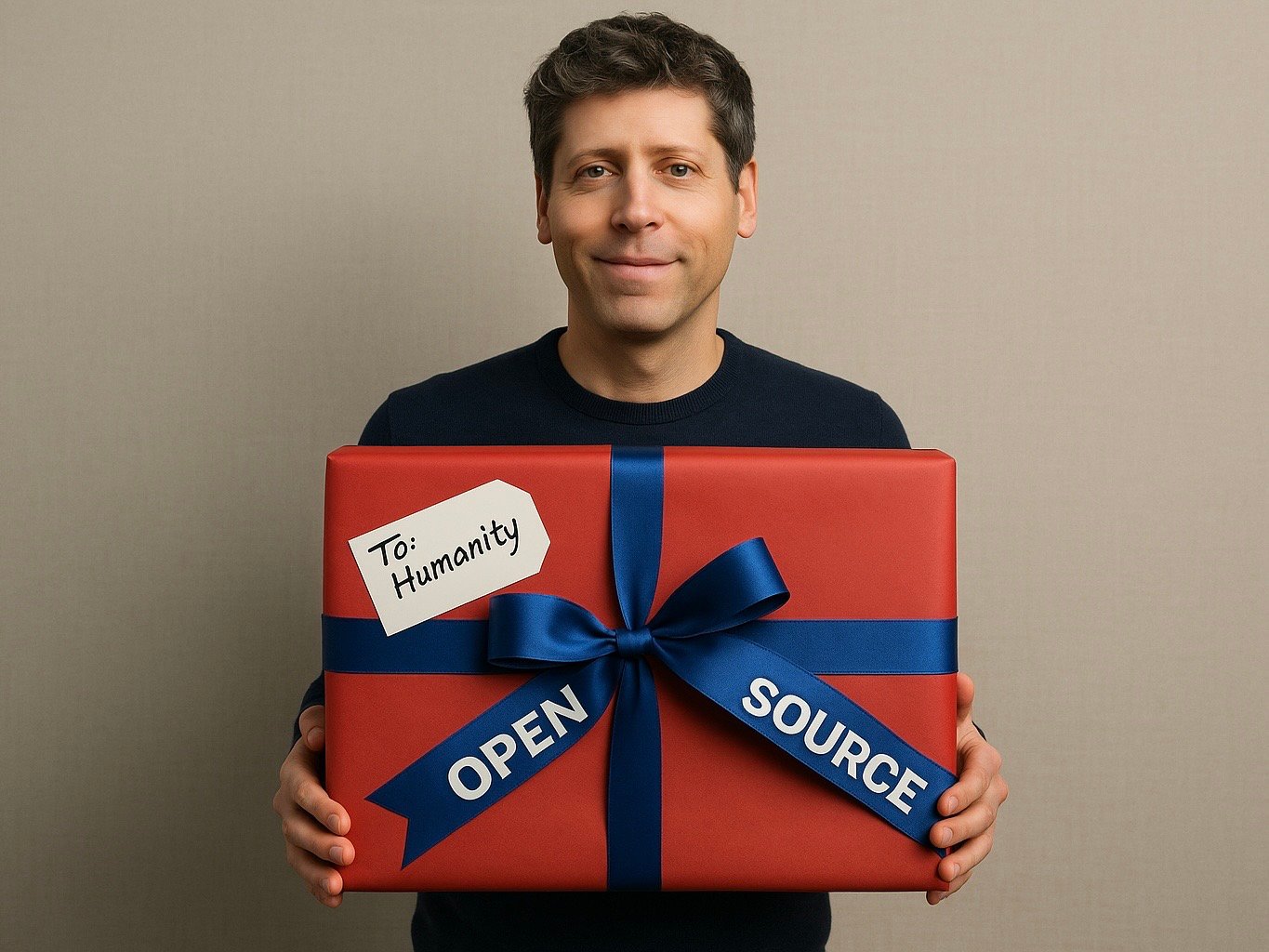
OpenAI is shaking things up once again, this time with a pair of open-weight language models that could change how developers approach artificial intelligence. The company just launched gpt-oss-120b and gpt-oss-20b, two powerful models that are not only available under the flexible Apache 2.0 license, but also designed to run efficiently on consumer hardware. For those of us who care deeply about open source and AI, this is a big deal.
The gpt-oss-120b model comes close to matching OpenAI’s own o4-mini on key reasoning benchmarks, and it does so while running on a single 80GB GPU. The gpt-oss-20b model is even more accessible, designed to run on machines with just 16GB of memory. That means developers can use it locally, on edge devices, or in any environment where sending data to the cloud isn’t ideal.
Both models shine when it comes to reasoning, coding, health queries, and tool use. They’ve been tested against OpenAI’s proprietary models like o3-mini and o4-mini, and in many cases, they held their ground or even outperformed them. That includes tasks like competition-level math, chain-of-thought reasoning, and health conversations.
These models aren’t just clones of existing systems. They use a mixture-of-experts architecture, with 128 experts per layer for the 120b and 32 for the 20b. Only a few are active at a time, which helps keep memory use down without compromising performance. The models also support up to 128,000 tokens of context, which is great for handling longer tasks.
What really caught my attention is the flexibility. Developers can tune the reasoning level to optimize for speed or accuracy, choose structured outputs, and use function calling with minimal setup. You can run these models using PyTorch, Apple’s Metal, or even on Windows using ONNX Runtime. OpenAI has also teamed up with Hugging Face, llama.cpp, Azure, and others to make deployment easier.
As someone who writes about open source daily and genuinely believes in the power of decentralizing technology, this release feels important. It shows OpenAI is listening to the developer community and acknowledging the need for tools that are open, flexible, and transparent. That’s not always something you see from the big AI players.
OpenAI also didn’t cut corners on safety. These models were trained and evaluated using the company’s Preparedness Framework, including adversarial testing. Even when fine-tuned to behave badly, they didn’t cross critical capability thresholds. Third-party experts reviewed the process and contributed feedback, much of which OpenAI incorporated before the release.
The hardware requirements are reasonable. The 120b model runs within 80GB of memory thanks to native quantization in MXFP4 format, while the 20b version works on machines with as little as 16GB. That opens the door to local inference on everything from workstations to laptops, without relying on massive cloud infrastructure.
If you want full multimodal capabilities or deep integration with OpenAI’s tools, their API offerings still make sense. But if your focus is privacy, control, and customization, the gpt-oss models offer a clear path forward.
It’s hard not to imagine how this is playing out behind the scenes at X. Elon Musk has been vocal about his issues with OpenAI, and Grok has struggled to keep up. Now, with gpt-oss models outperforming and outshining what X has on offer, it wouldn’t be surprising if Musk is fuming. Sam Altman just gave developers another reason to stick with OpenAI, while Grok falls even further behind.
This launch isn’t just about technical specs. It’s about giving more people access to serious AI tools. In an era where closed models dominate headlines, it’s refreshing to see powerful open models that are ready for real-world use. As both an open source advocate and an AI enthusiast, I find this incredibly exciting. I can’t wait to see what the community builds with them.


